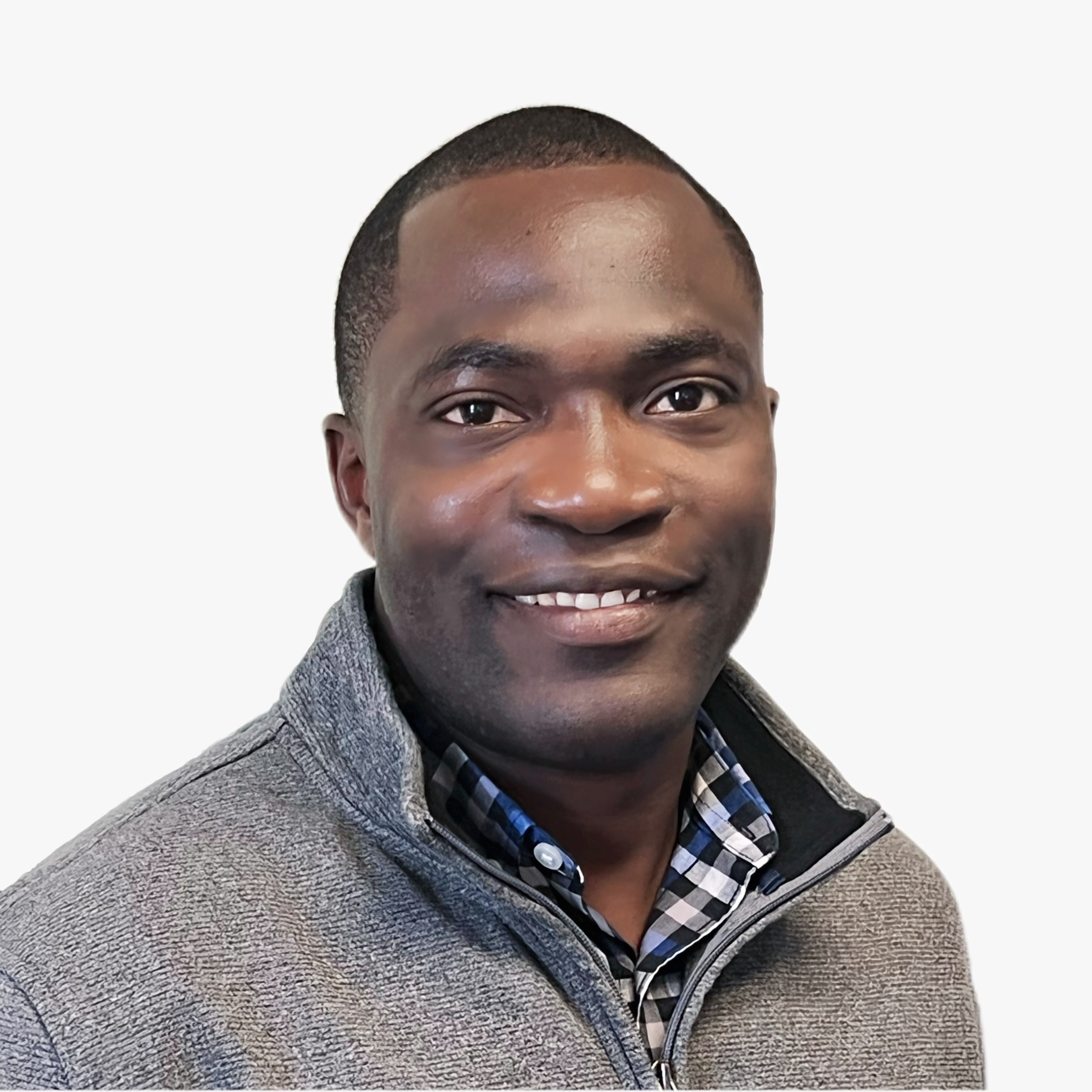Role of Iron Chemistry in the ‘Closer to Zero’ Initiative

Dr. Adeyemi Adeleye is a rising star in the environmental sciences field. He is originally from Nigeria, and obtained his MESM and PhD degrees from the Bren School, with an amazing publication record. He continues to innovate, employing artificial intelligence to design better nanomaterials for remediation, among other projects. He was recognized by the American Chemical Society (home to the most prestigious journal in environmental science) as one of the Talented Twelve chemists of his generation. If you are interested in the leading-edge of environmental science, this is a must-go talk. His talk will focus on making food safer, using advanced nanomaterials to make sure our soils are healthy.
—Arturo Keller, Professor, Bren School
Email events@bren.ucsb.edu to request access to a recording of this talk
ABSTRACT
The occurrence of heavy metals in food is a serious concern as it is a direct, prolonged route of human exposure to toxic elements. The need to address this problem, particularly in commercial infant foods, led to the ‘Closer to Zero’ initiative by the US Food and Drug Administration. Our research group is using iron-based nanoscale materials to address one of the major pathways via which heavy metals enter the food chain—uptake by food crops during cultivation. In this seminar I will describe two studies in which our group employed the chemistry of iron to address the heavy metal challenge in agricultural systems. In the first study we investigated the performance of pristine and sulfidated nanoscale zerovalent iron (denoted NZVI and SNZVI, respectively) for simultaneous removal of copper (Cu2+) and phosphate (PO43-), which are typically present in non-traditional irrigation water. Surface reactions with Fe species led to improved simultaneous removal when both contaminants were present in water. In the second study, we showed that arsenic can be selectively immobilized in soil by NZVI and SNZVI, which decreased uptake by lettuce when grown in arsenic-contaminated soil.
BIO
Dr. Adeyemi Adeleye is an Assistant Professor in the Department of Civil and Environmental Engineering at the University of California, Irvine. He earned his PhD from the Bren School at UCSB in 2015. In 2016, Dr. Adeleye was awarded a National Research Council Research Associateship by the National Academies of Sciences Engineering and Medicine, which he spent as a postdoctoral researcher at the US Environmental Protection Agency’s National Health and Environmental Effects Research Laboratory, Rhode Island. He is a member of the C&EN’s Talented 12 Class of 2022; and won the 2022 Sustainable Nanotechnology Organization (SNO)’s Emerging Investigator Award. Dr. Adeleye’s research interests include environmental nanotechnology, and emerging contaminants.